Table of Contents
- Why Your Puppy’s First Vet Visits Matter
- Preparing for the Appointment
- What to Expect at the First Visit
- Essential Health Checks and Vaccinations
- Tips to Reduce Anxiety
- Questions to Ask Your Veterinarian
- After the Visit: What to Watch For
- Conclusion
Why Your Puppy’s First Vet Visits Matter
Your puppy’s first vet visit is a major milestone – for both your new companion and you as the owner. These early appointments establish the foundation for lifelong preventive care and shape how your dog will view veterinary visits in the future. With proper preparation, you can minimize stress and help your puppy form positive associations. Positive first experiences often lead to less anxiety down the road, while negative ones can result in fear or resistance. Early health checks are also essential for detecting and addressing potential issues before they become serious.

Preparing for the Appointment
- Travel Practice: Get your puppy used to getting in and out of the car or a carrier. Reward calm behavior.
- Handling Desensitization: Gently touch your puppy’s paws, ears, and mouth regularly so they accept handling during exams.
- Dry Runs: Visit the clinic just to weigh your puppy or get treats from the staff – no procedures – to create a positive memory.
- Choose the Right Time: Pick a time when your puppy is rested and the clinic is less busy.
What to Expect at the First Visit
During the first appointment, your vet will usually:
- Weigh your puppy
- Listen to the heart and lungs
- Perform a full physical exam (eyes, ears, teeth, skin, coat, joints)
- Check for parasites such as fleas, ticks, and worms
Vaccinations or deworming treatments may also be discussed or administered. The vet will update your puppy’s medical record and create a preventive care plan.
Essential Health Checks and Vaccinations
- Core Vaccinations: Typically given in a series starting at 8 weeks old (protection against distemper, parvovirus, hepatitis, leptospirosis, and rabies).
- Deworming: Often started by the breeder; your vet will recommend an ongoing schedule.
- Comprehensive Health Exam: Heart, lungs, joints, teeth, and skin checks.
- Microchipping: If not already done, your vet can implant a chip and register your puppy.
Tips to Reduce Anxiety
- Bring a favorite blanket or toy – familiar scents are comforting.
- Stay calm and relaxed so your puppy feels reassured.
- Use treats to create positive associations with handling and exams.
- Schedule occasional “happy visits” with no procedures to build trust.

Questions to Ask Your Veterinarian
Write down your questions beforehand, such as:
- Which vaccinations are needed and when?
- What food do you recommend for my puppy?
- How can I recognize early signs of illness or discomfort?
- When can my puppy safely meet other dogs or attend puppy classes?
After the Visit: What to Watch For
- Allow Rest: After vaccinations or lengthy exams, your puppy may need a day to recover.
- Positive Reinforcement: Reward calm behavior with play, cuddles, or special treats.
- Track Future Appointments: Note vaccine boosters and check-ups in your calendar.
- Monitor for Reactions: Watch for unusual symptoms like tiredness, loss of appetite, or swelling at the injection site.
Conclusion
Your puppy’s first vet visit is more than just a check-up – it’s an investment in their health and trust. With thoughtful preparation, positive reinforcement, and a strong relationship with your veterinarian, you can set the stage for a lifetime of stress-free, successful visits. This turns a routine appointment into a positive milestone in your bond with your dog.


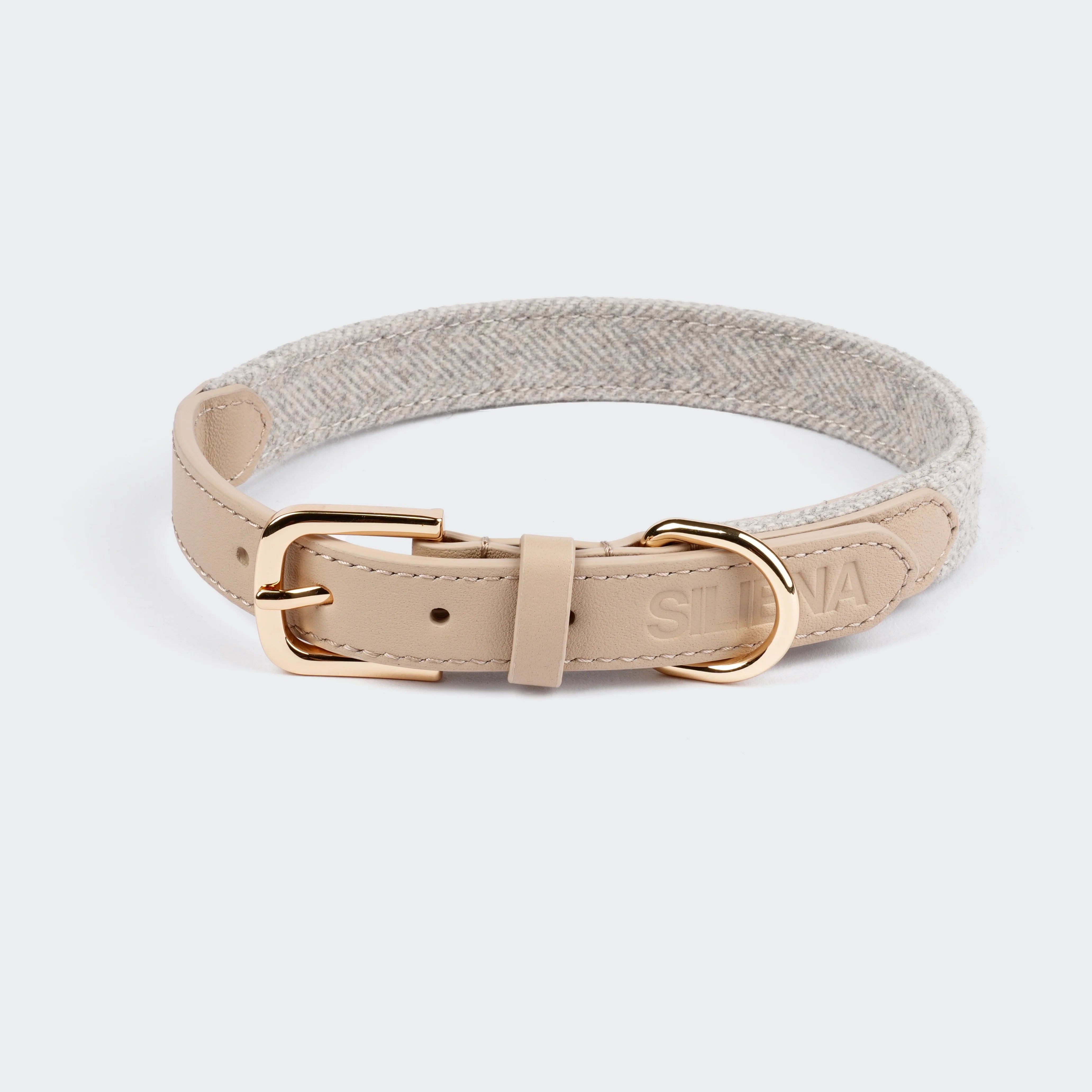
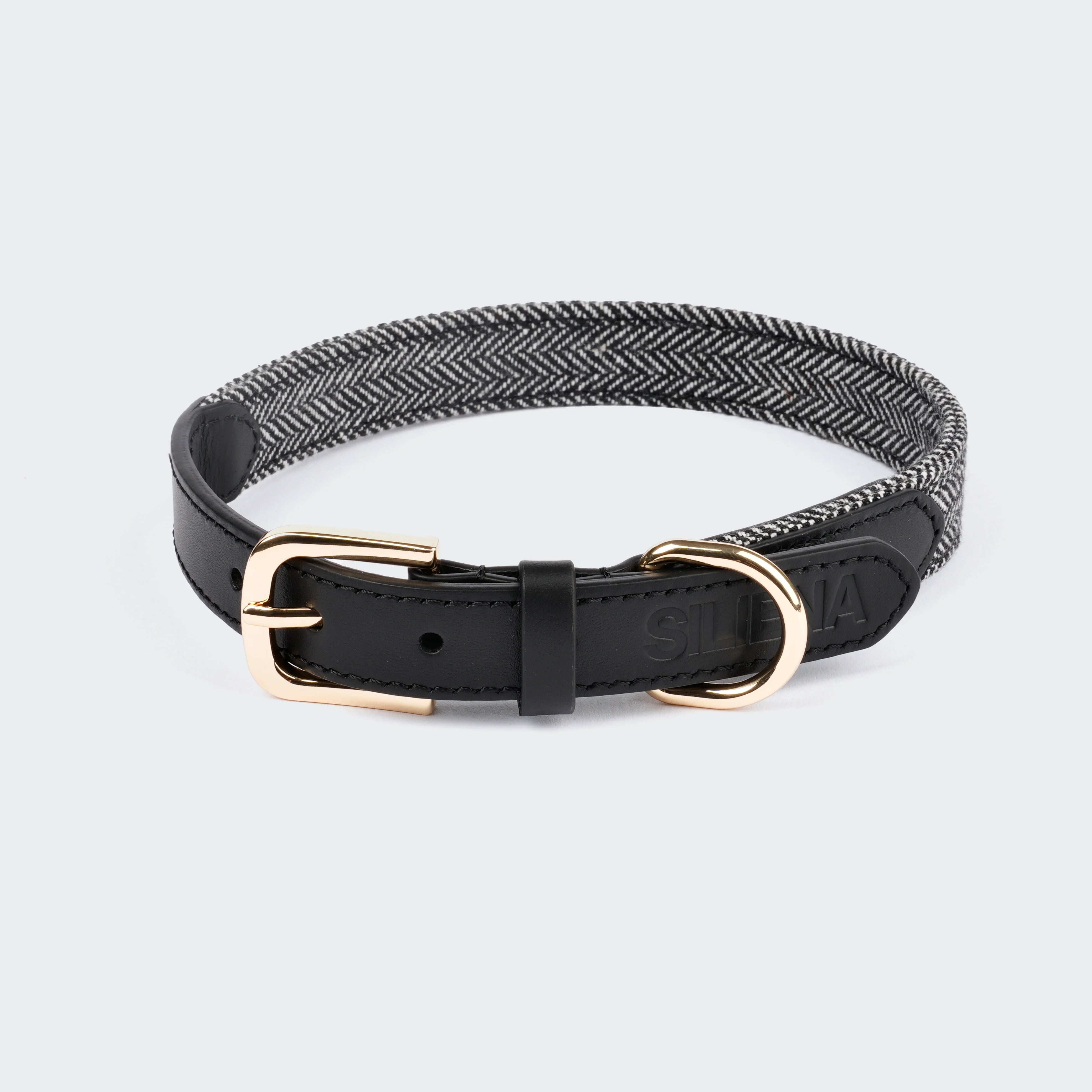
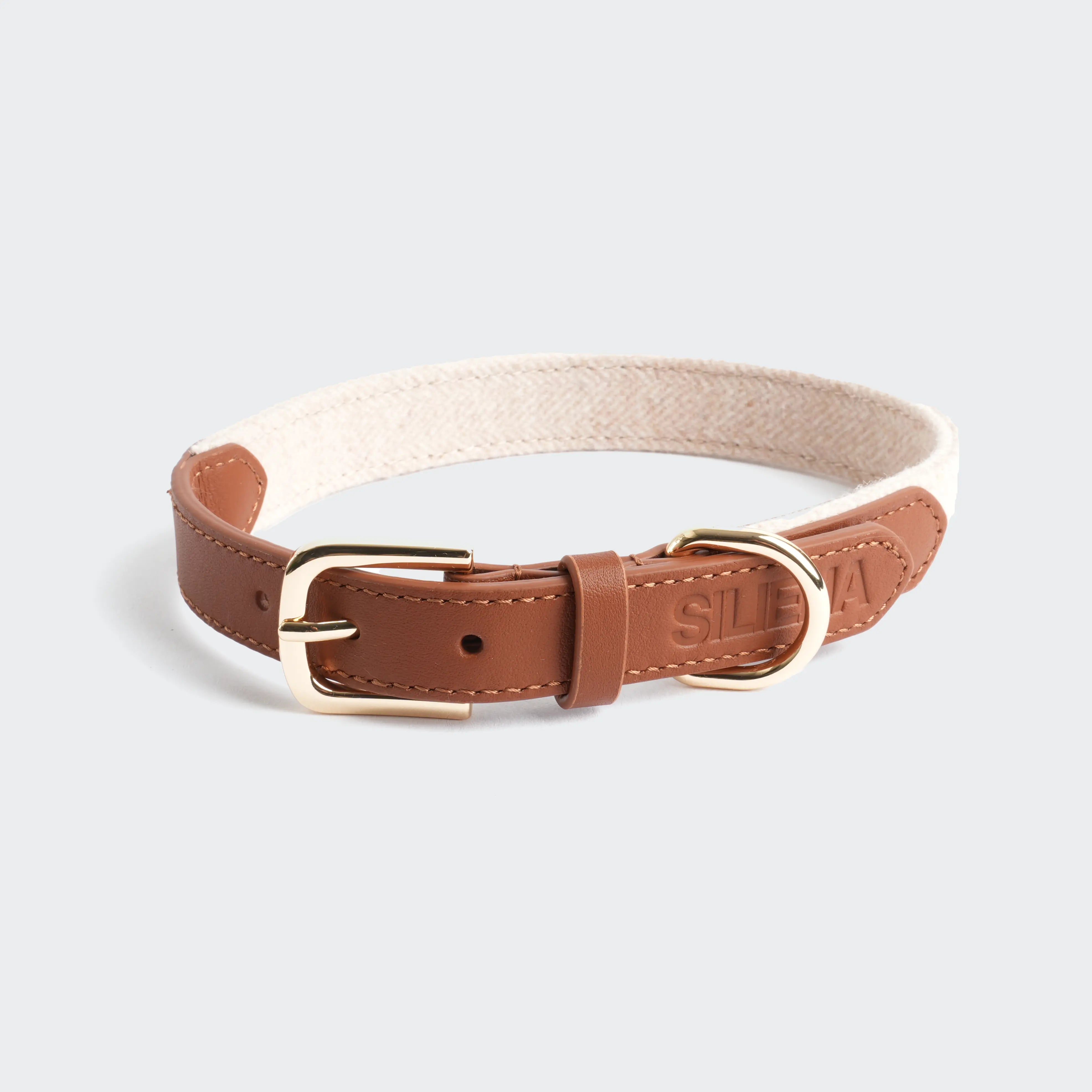
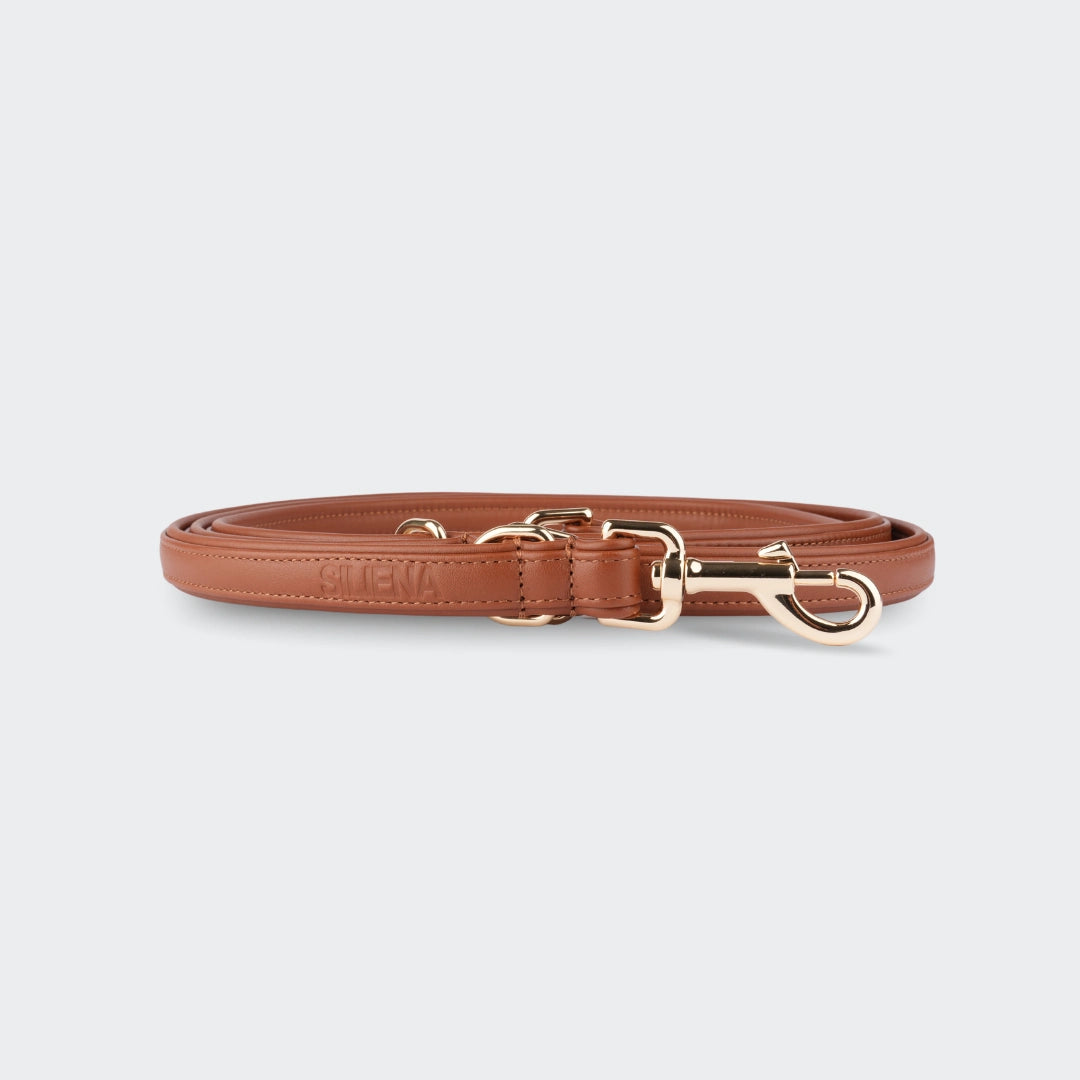
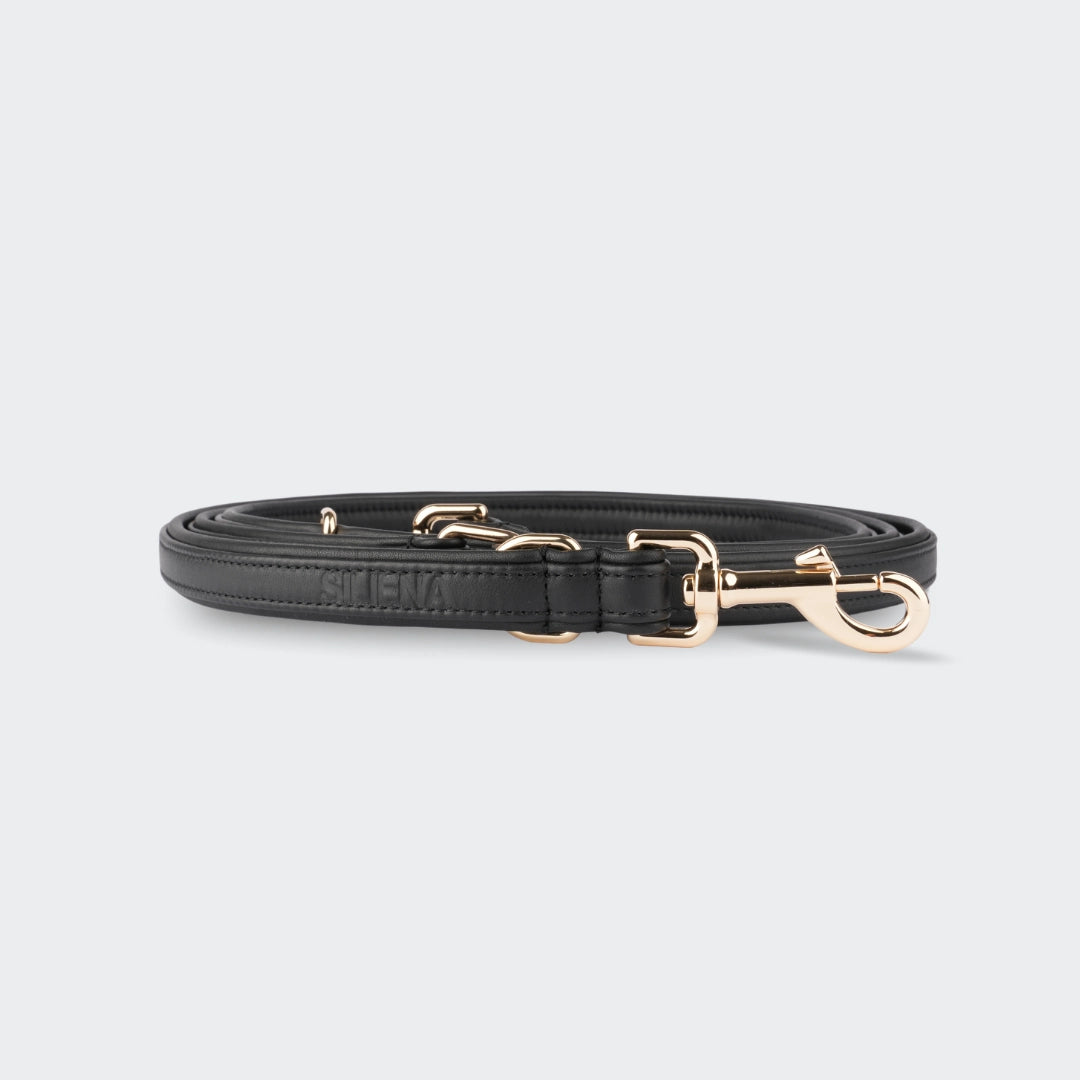
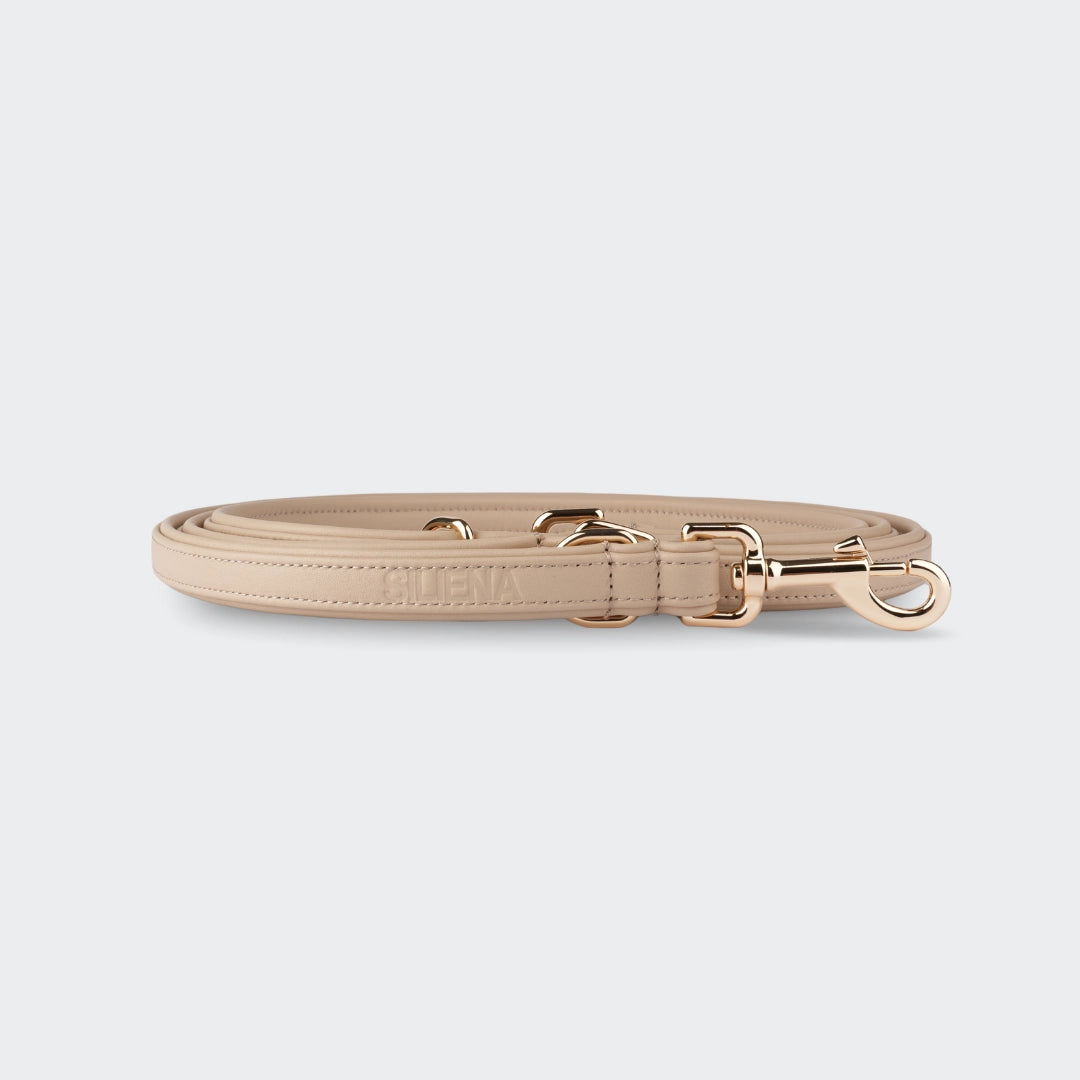
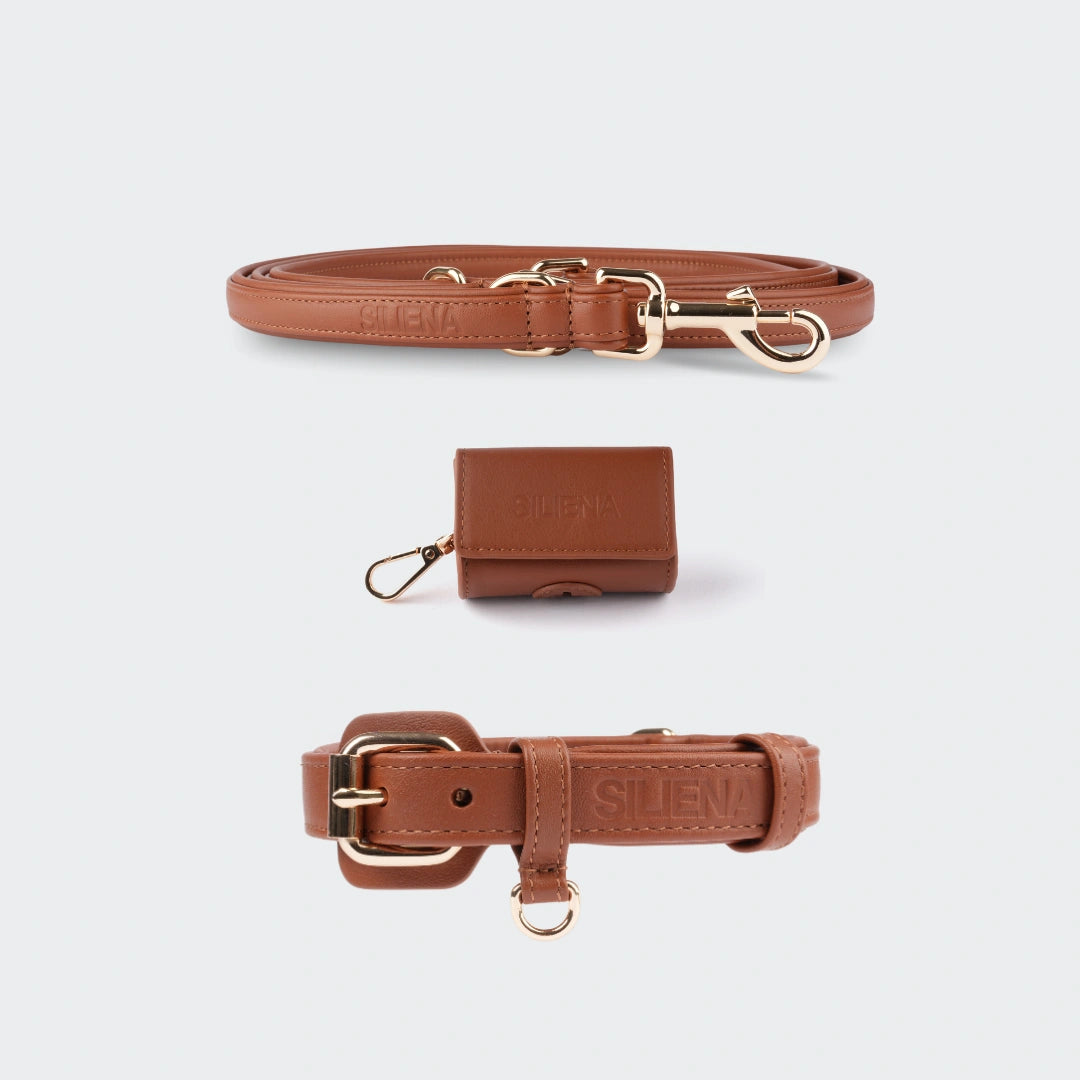
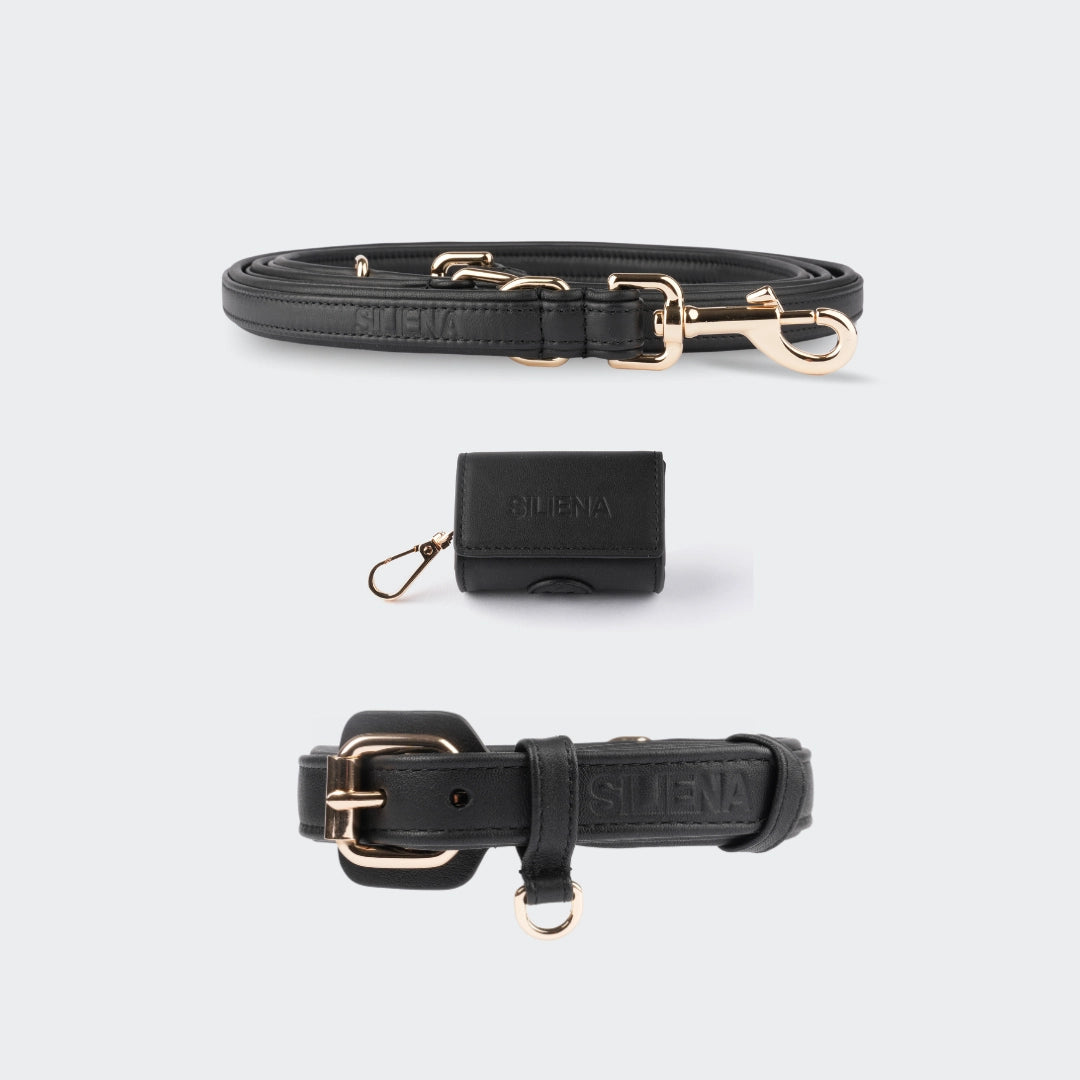
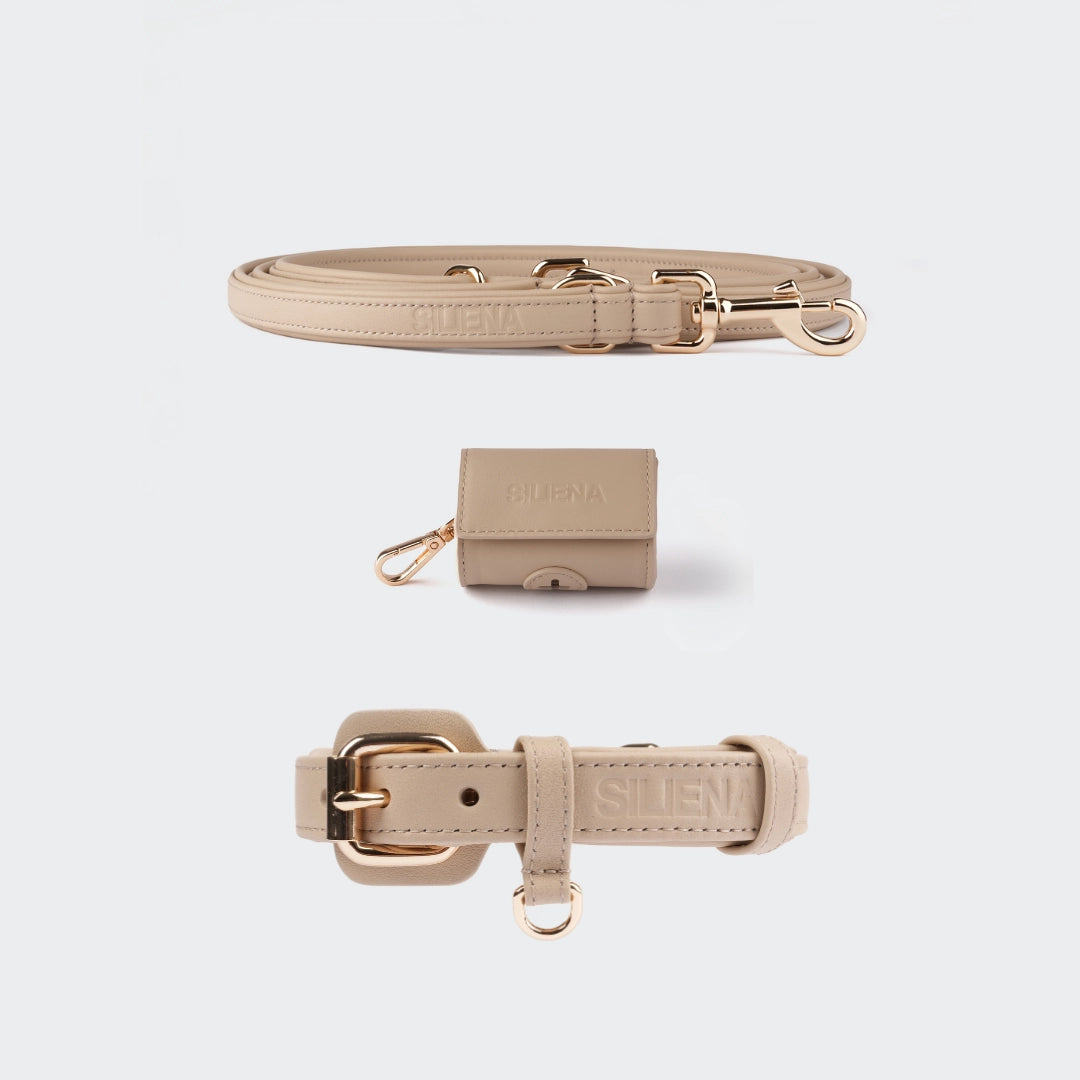
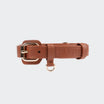
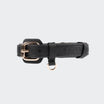
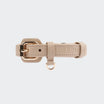
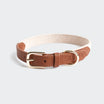
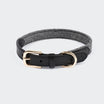
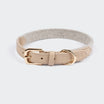
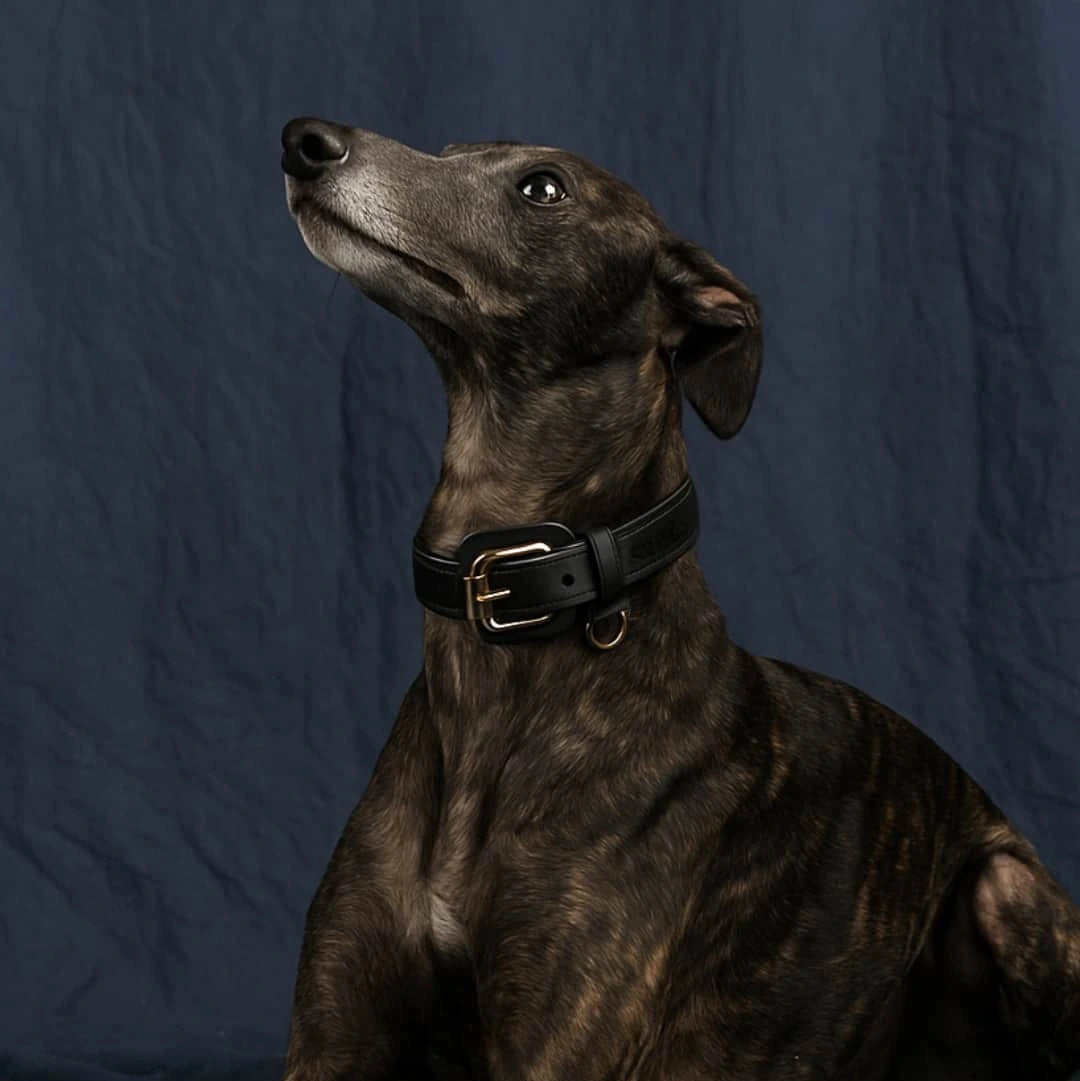
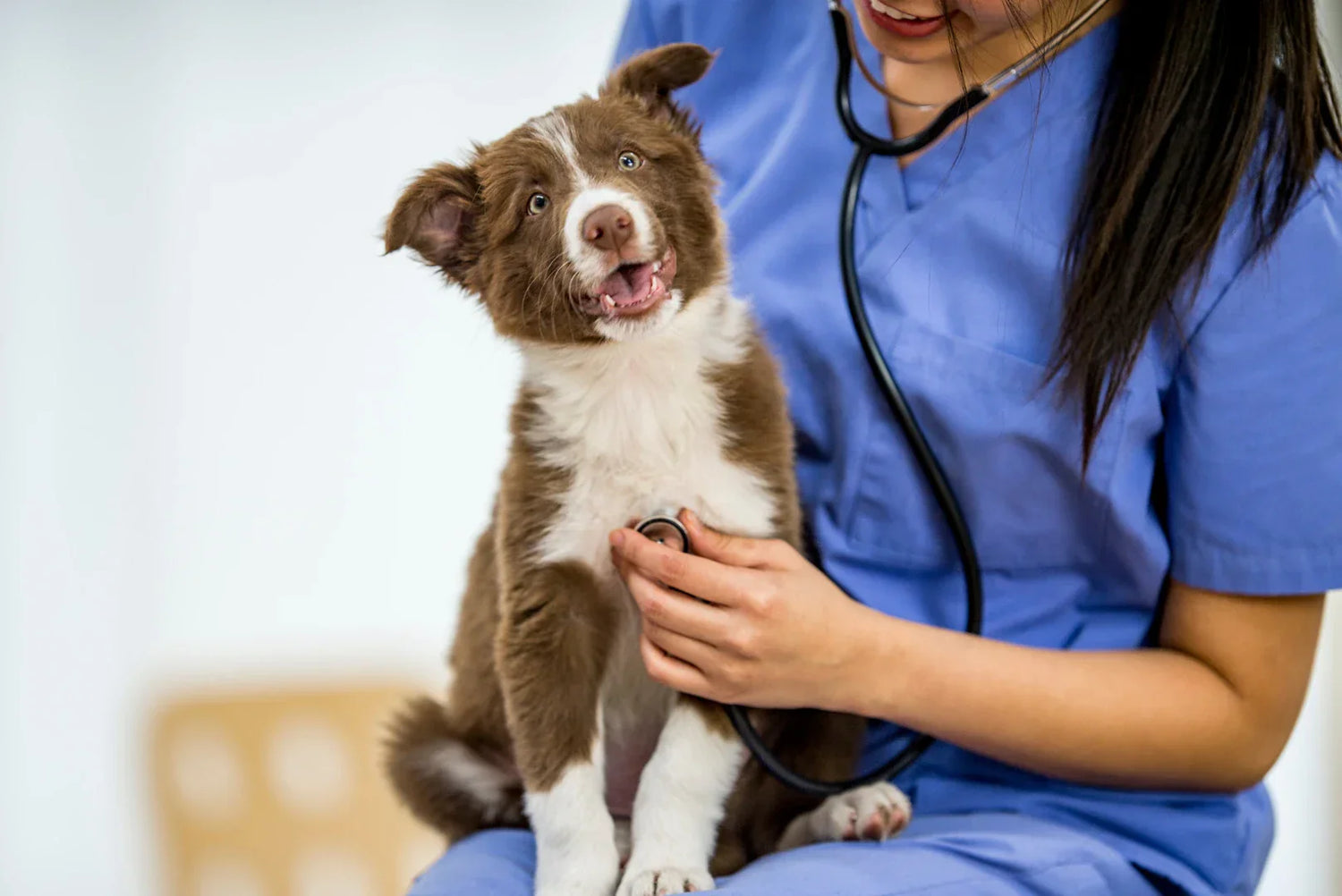
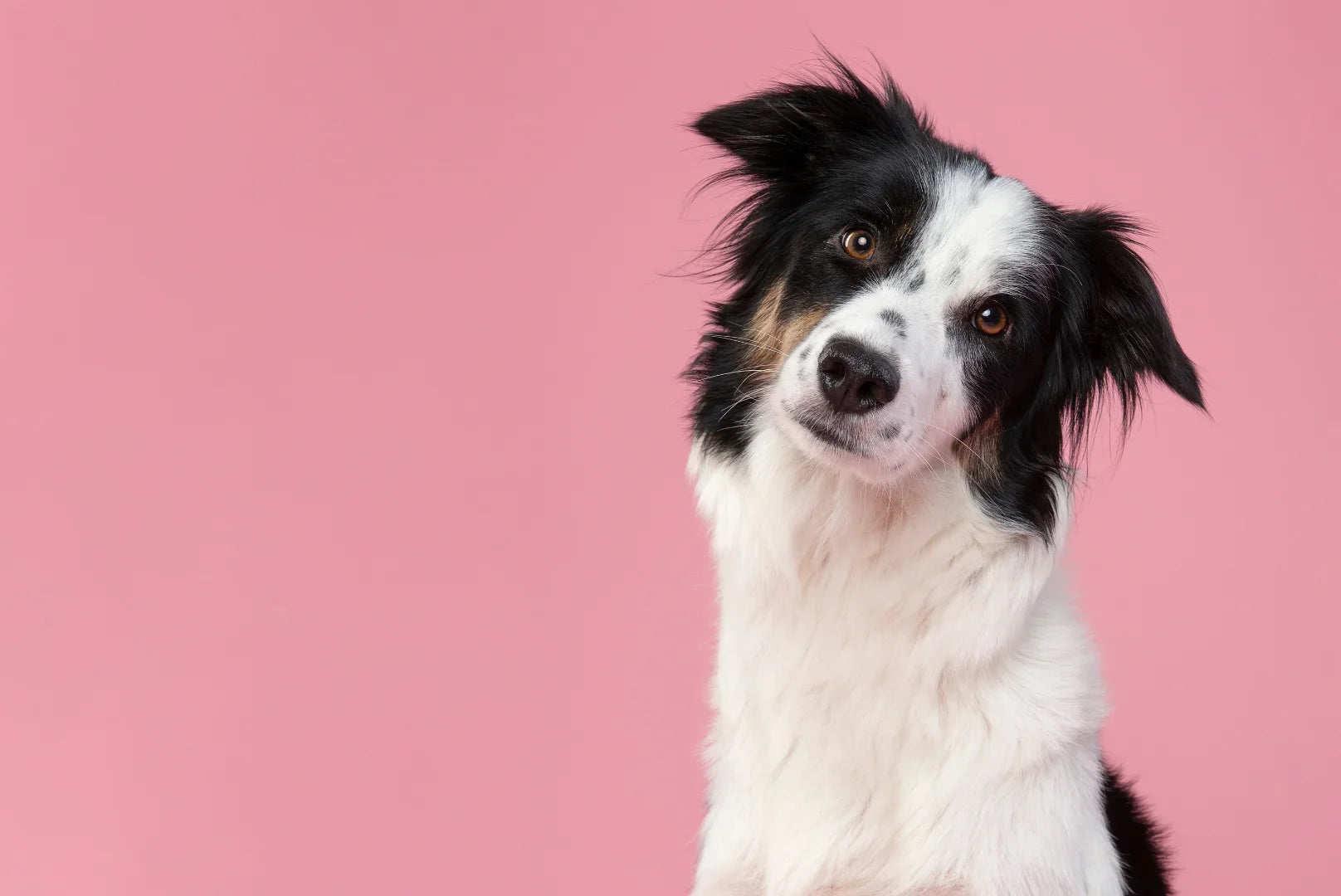
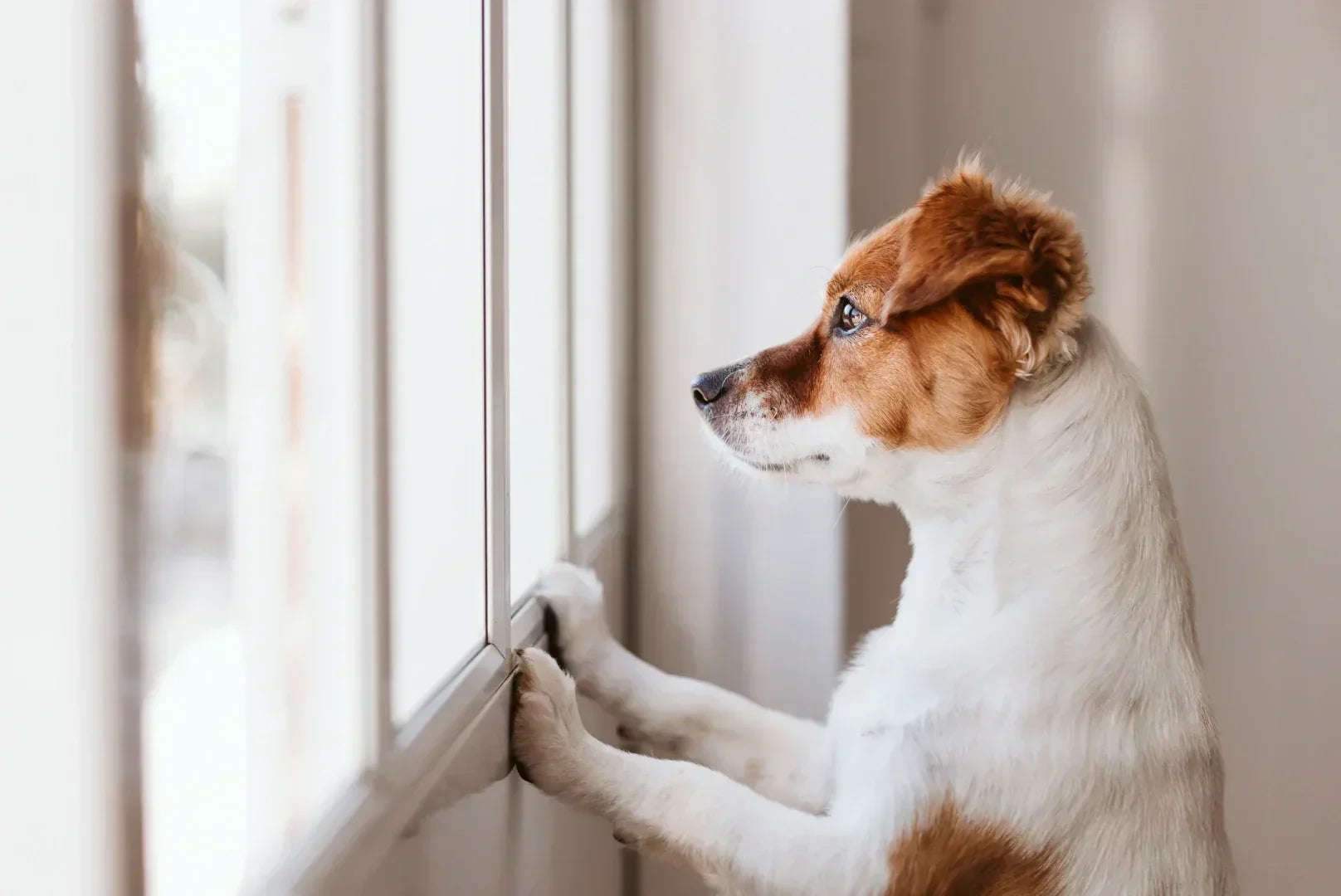
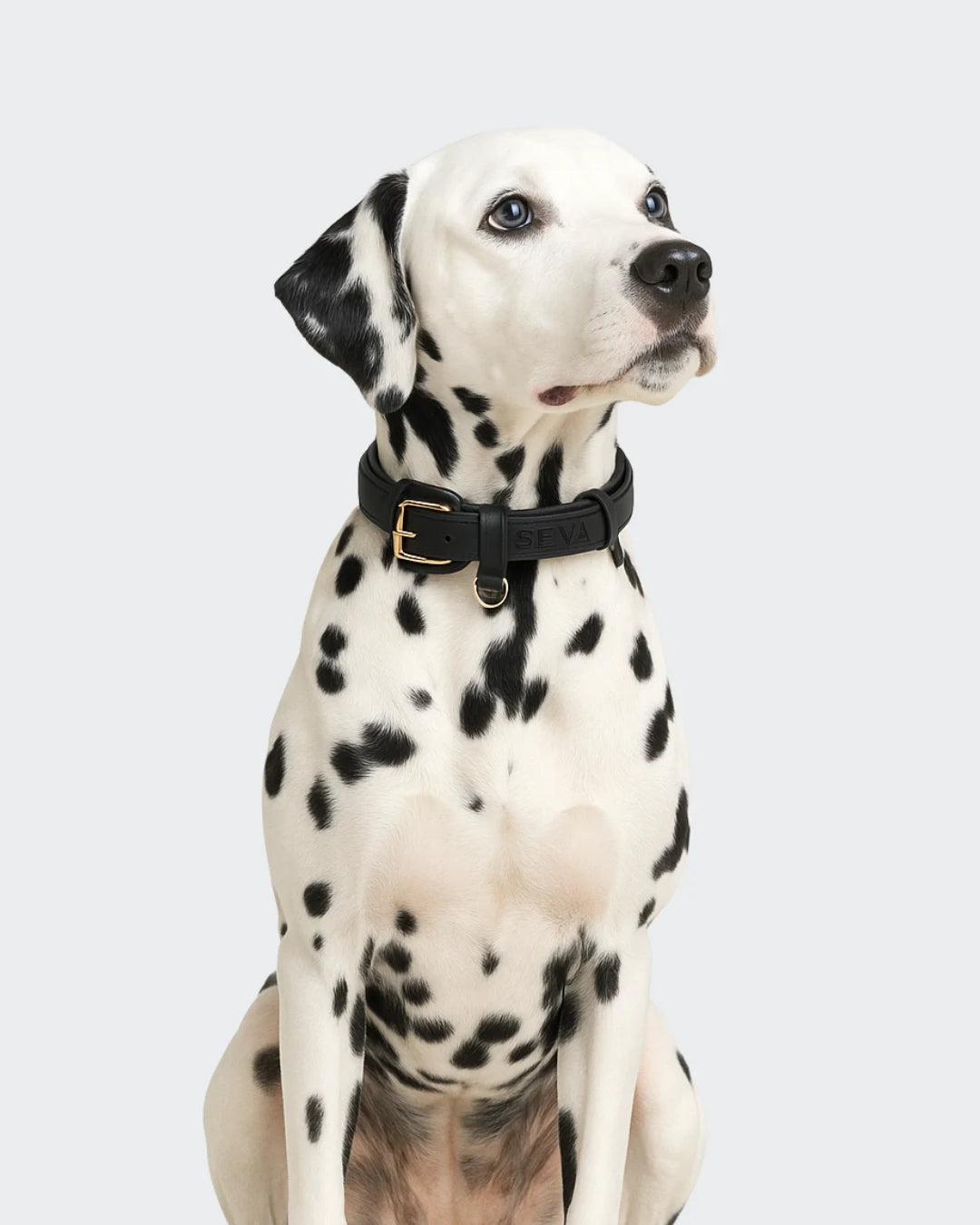
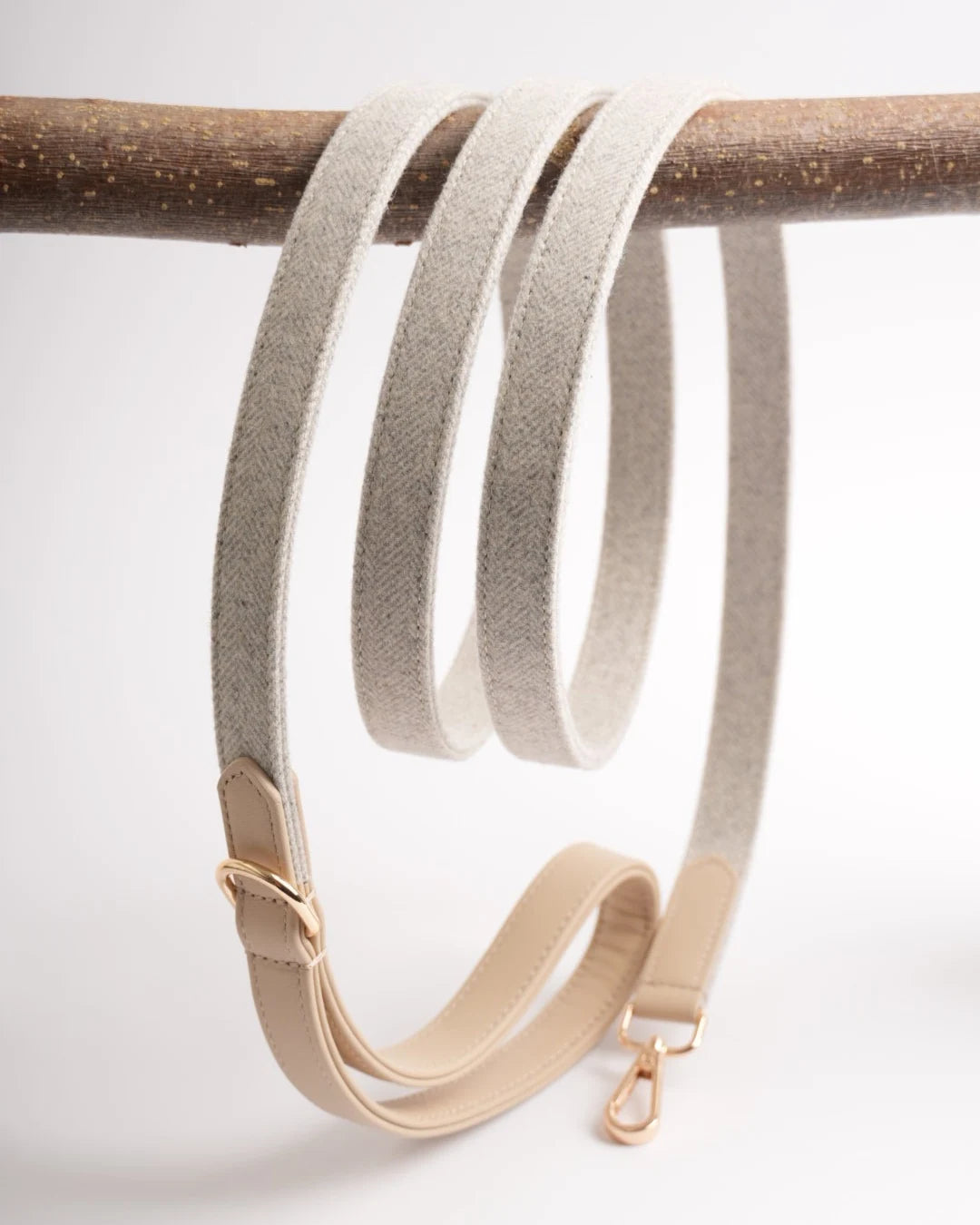
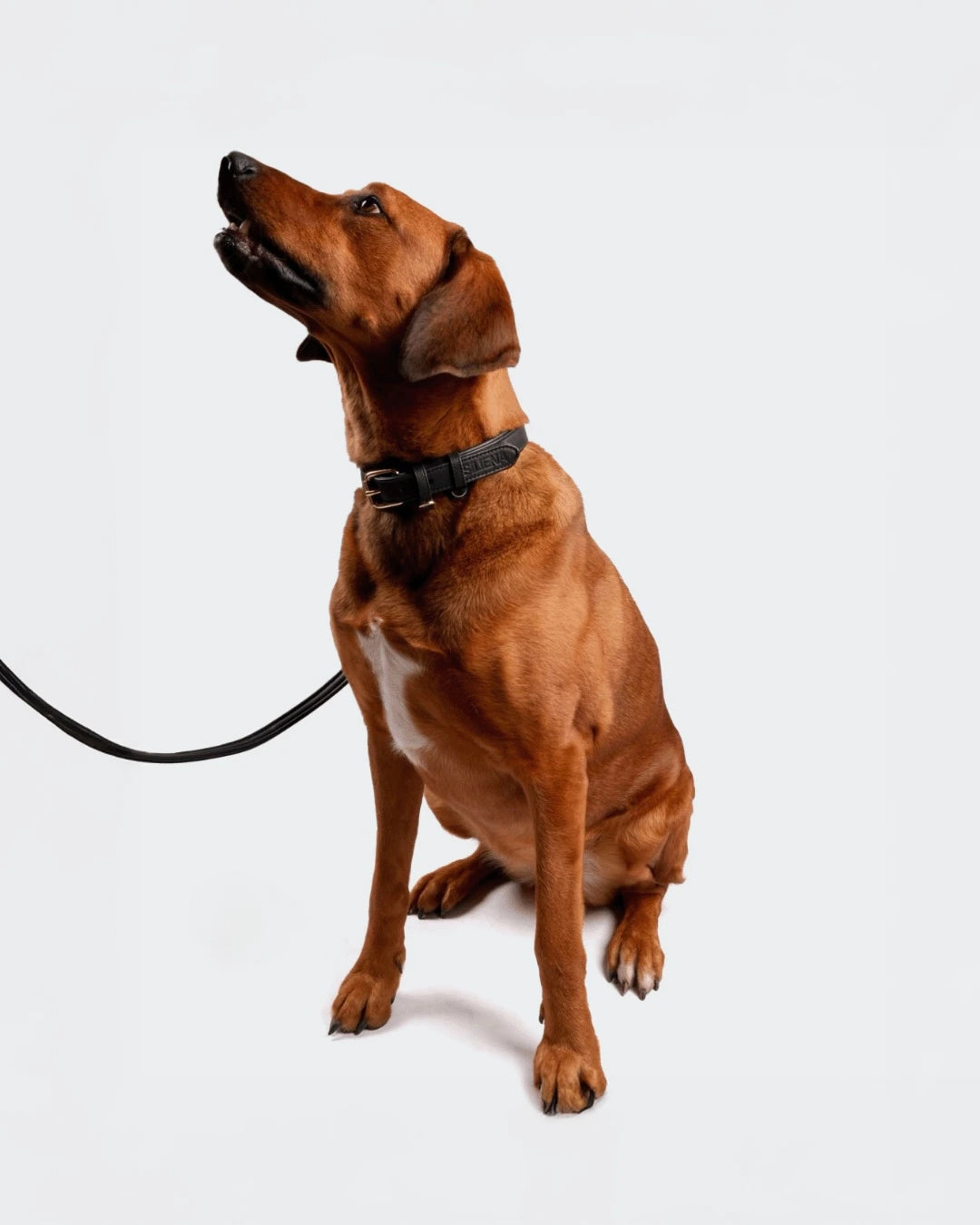
Leave a comment
This site is protected by hCaptcha and the hCaptcha Privacy Policy and Terms of Service apply.